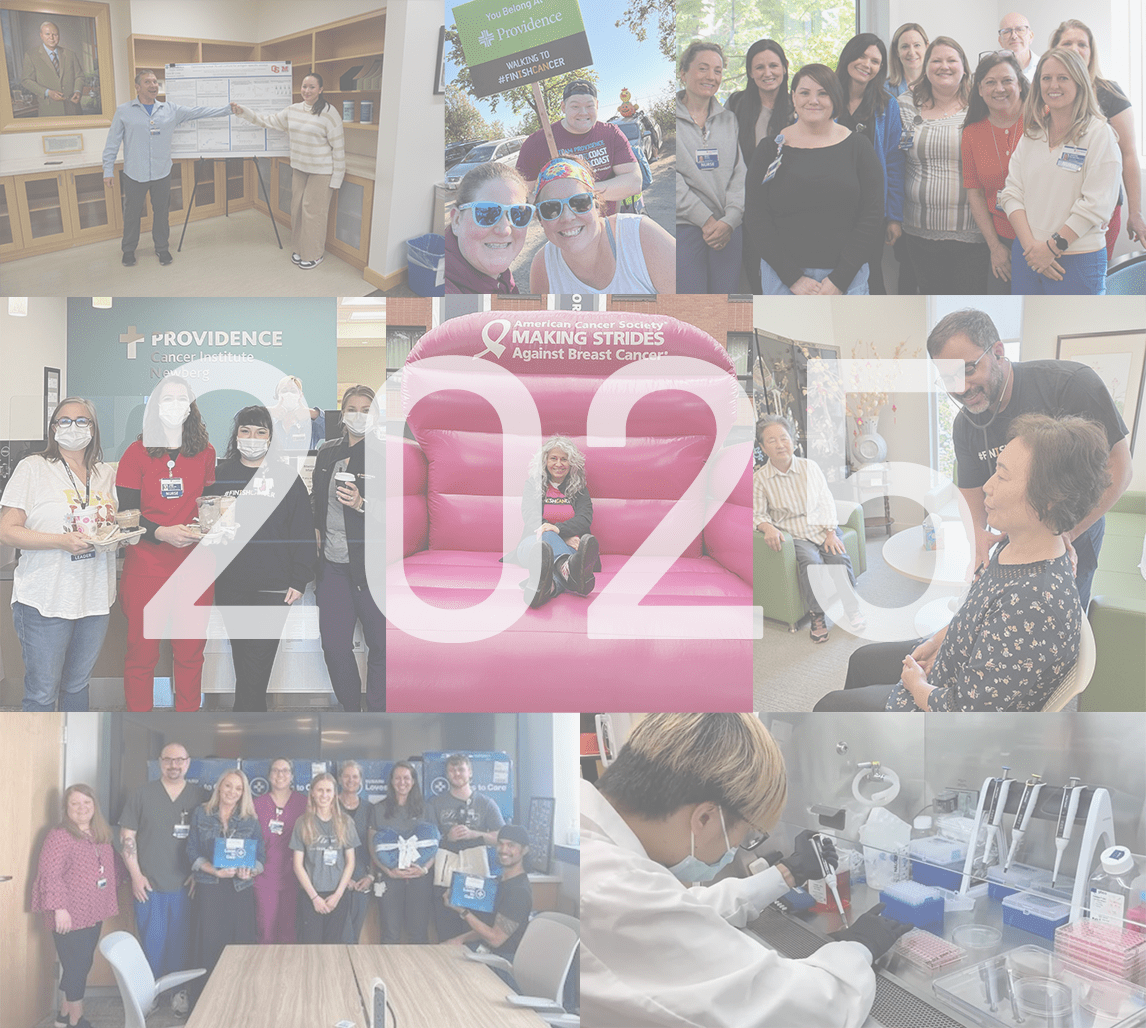Have you seen your doctor for a well check lately?
[5 MIN READ]
In this article:
-
Want to live longer? See your primary care provider every year and stay up to date with recommended screenings.
-
During your annual well check, your doctor will go over your heart health, important blood tests, vaccines, screenings, mental health and other important aspects of your well-being.
-
Some of the most important cancer screenings include mammograms, colonoscopies and HPV tests.
It can be difficult to justify entering a doctor’s office when you feel just fine. Doctors are supposed to be for sick people, right? Yet Americans’ life expectancy has significantly lengthened over the past 80 years, from 61.4 and 65.7 years for men and women, respectively, in 1940, to 75.8 and 81.1 years in 2023. A big part of why people are living longer is because providers are catching certain diseases early enough to treat them.
It all comes down to wellness checks and preventive screenings. Chances are, you know someone whose doctor caught a potentially life-threatening condition during a routine check-up or screening. It’s no fun to receive a less-than-stellar report from your doctor, but once you move past the initial shock that all is not well, you can take steps to improve your health.
So where do you start? Here, we outline some of the main reasons why you may visit a doctor or clinic when you’re not sick.
Annual wellness exam
One of the most important doctor’s appointments you can make is your annual wellness exam, which gives you the opportunity to check in with your doctor. You can discuss any new or concerning symptoms and stay up to date on any necessary health screenings based on your age and risk factors.
Most importantly, your well check doesn’t just cover your physical health. Your doctor will check in on your whole health — including your mental, physical and emotional health. You may talk about a wide range of subjects, including:
- Heart health – Do you have any risk factors for heart disease, or has your lifestyle changed?
- Healthy lifestyle – Are you eating healthy and getting enough exercise? (Don’t stress – many of us aren’t. A conversation with your doctor may be just the pep talk you need to find the activity you love and motivation you need to make a change!)
- Healthy weight – Weight can be a taboo subject for most of us. The reality is there is no perfect body type. But your doctor can help you come up with strategies and support to reach a weight that’s right (and healthy) for you.
- Mental health screenings – Are you struggling with anxiety or depression, like so many have over the past few years?
- Screenings – Basic screenings for blood pressure, cholesterol and diabetes can let you know your risk for developing these chronic conditions. And you can start making changes before issues arise.
- Sexual health – Do you need a new type of contraceptive or screenings for sexually transmitted infections (STIs)?
- Vaccines – Are you up to date on your vaccines, including the flu, COVID and tetanus?
Bottom line? A 30-minute appointment can go a long way toward improving your wellness (and your well-being).
Cancer screenings
Depending on your age, gender and risk factors, there are a number of different cancer screenings that you should undergo. The great part about establishing a primary care provider and seeing them annually for well checks is that they can keep track of your cancer screenings for you. But it’s a good idea to know what tests you should be having, and when.
Breast cancer screenings: Mammograms
The American Cancer Society recommends that women begin undergoing annual mammograms beginning at age 45, with the option to begin at age 40. If a woman has a family or personal history of breast cancer, she should begin annual mammograms sooner. Talk to your doctor about the best care plan for you.
Colon cancer screenings: Colonoscopies
Recommendations for colonoscopies changed in 2021 because experts saw that while the number of colorectal cancer deaths were decreasing, more people under the age of 50 were dying from that type of cancer. Now, the American Cancer Society recommends that all people undergo their first colonoscopy starting at age 45 (or sooner if they have a family history of colorectal cancer). The frequency of repeat colonoscopies depends upon whether the doctor finds polyps in the first screening.
Cervical cancer screenings: Pap smears and HPV tests
The American College of Obstetricians and Gynecologists recommends that women should have a Pap smear every three years between ages 21 and 29; women ages 30 to 65 can choose a combination of a Pap smear and HPV test; and they can stop having cervical cancer screening at age 65 if they have never had abnormal cells. It’s best to talk to your doctor about the option that’s right for you.
Lung cancer screenings: Low-dose computed tomography (CT) scan
The U.S. Preventive Services Task Force recommends annual lung cancer screening with a CT scan for people who have no symptoms but:
- Have smoked at least one pack a day for 20 years or more
- Smoke now or have quit within the past 15 years
- Are between 50 and 80 years old
Screenings and well checks can save lives. Schedule an appointment with your primary care physician today to get yours done.
Find a doctor
The health care professionals at Providence can help you keep up to date on your wellness exams and routine screenings. If you need to find a doctor, you can use our provider directory. Through Providence Express Care Virtual, you can also access a full range of health care services.
Download the Providence app
It’s all in the app: easily stay connected with Providence and your health. With the Providence app, you can schedule appointments, have virtual visits from the comfort of your home, get personalized health recommendations, access your health records and so much more. Learn more and download the app.
Related resources
Which cancer screenings should you undergo?
Staying on the track of good health
Women’s health: Everything you need to know
This information is not intended as a substitute for professional medical care. Always follow your health care professional’s instructions.




